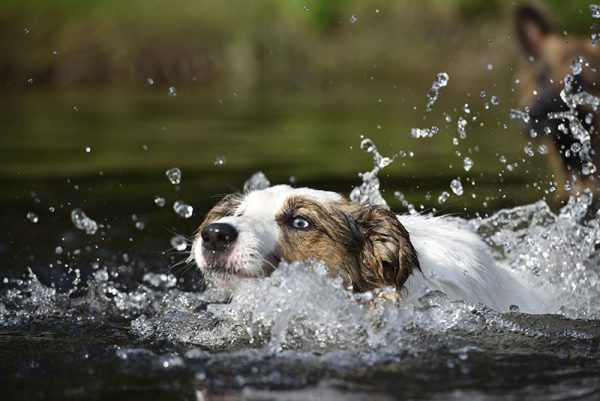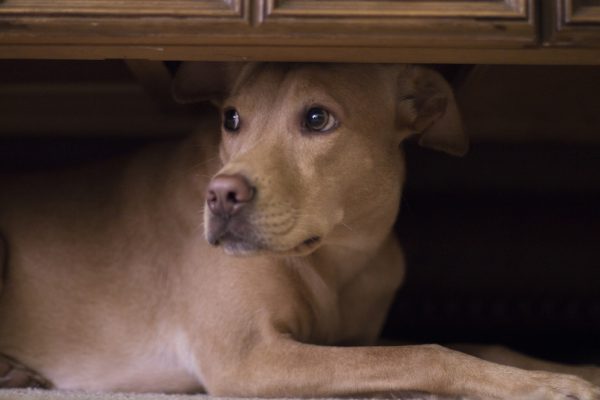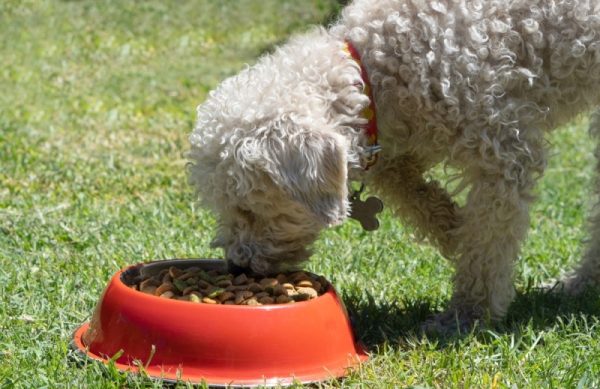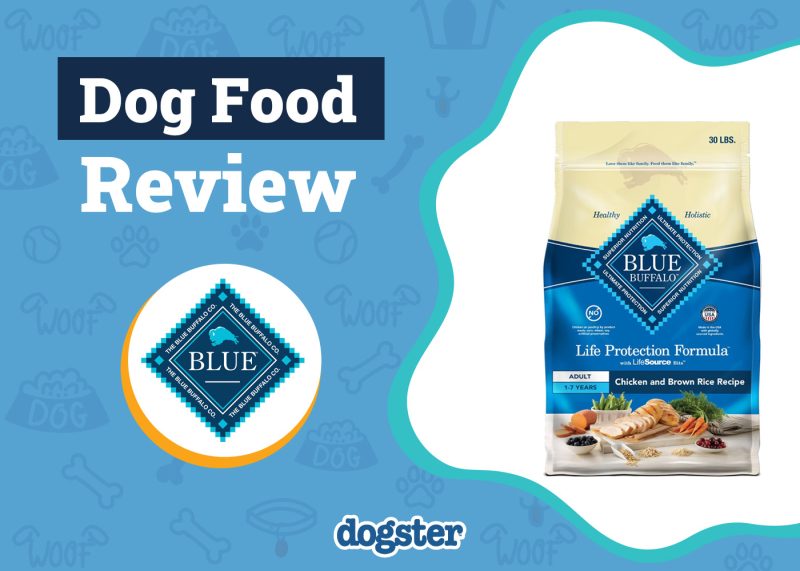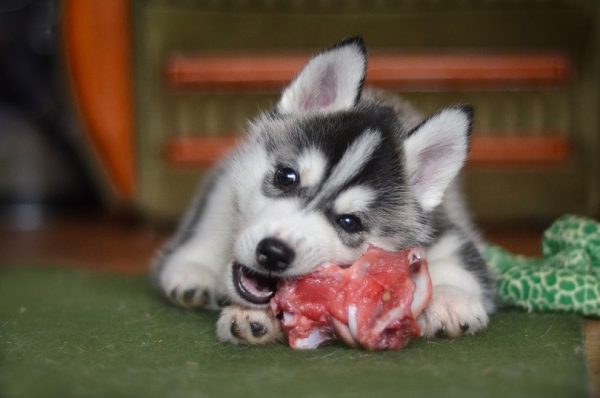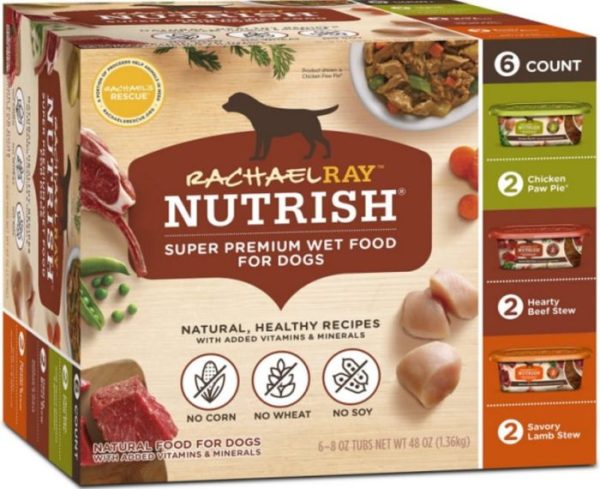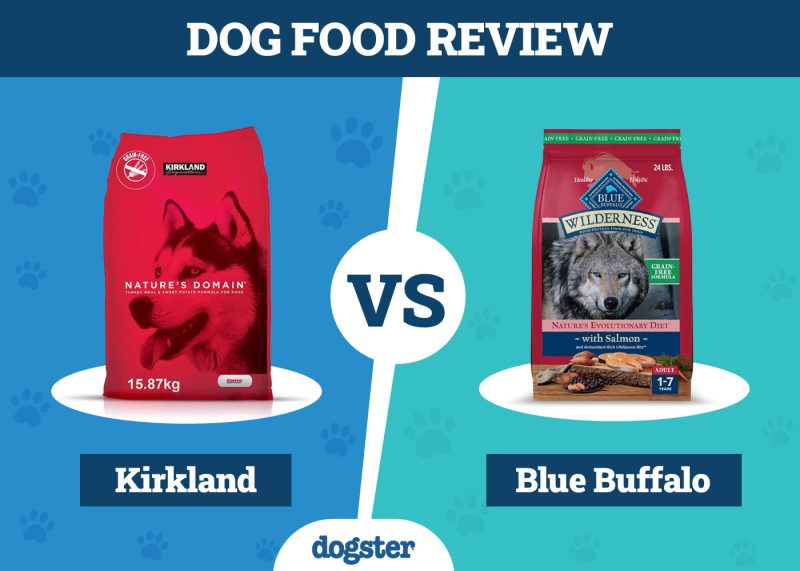A new puppy can be an exciting addition to your life, one that is supposed to bring you joy. However, that feeling doesn’t always last long, and you might start experiencing the puppy blues.
Puppies are a huge commitment, and caring for one can be tiring and demanding. As much as you love your dog, you might not be able to help but feel a bit depressed about all the responsibilities involved with their care. It’s not unusual for some owners to regret getting a puppy for a brief moment, which could end up making them feel worse due to guilt.
If this is something that you could be experiencing, know that you are not alone. Puppies can be a lot of work, often more than we expect. This article discusses the dreaded puppy blues and shares tips on coping with it so you can go back to enjoying your new pet once again.

The 5 Tips for When Your Puppy Is Making You Depressed
Many owners will be relieved to know that the puppy blues do not last forever. There is a reason that it is primarily associated with puppies rather than adult dogs. Most puppies can be trained out of the behaviors that often cause owners to experience the puppy blues.
1. Understand the Reason for Their Behavior
It’s important to understand that your puppy isn’t purposefully acting this way to make you feel depressed. Puppies are usually bursting with energy and can be destructive and mischievous. It’s not that they want to overwhelm you, but rather they do not know any better. They are still learning new things and having experiences that will shape who they become as adults.
Although it’s valid to feel frustrated and regretful about your new puppy, take a moment to remember that your puppy does not want you to feel this way. Try to remember all the good things about your new pet, such as how they cheer you up despite your frustration or how adorable they look when they are sleeping.
It’s easy to get caught up with all the behaviors we don’t like about our puppies and forget the ones we love.

2. Keep Track of Your Chores and Create a New Schedule
A puppy can bring significant changes to your life and give you more responsibilities and chores you never had before. If you still follow your old daily schedule from before you had a puppy, it’s worth creating a new one to accommodate your new lifestyle. This can lessen the pressure of trying to keep up with a schedule that no longer works for you and your responsibilities as a dog owner. You might feel more motivated to follow a new schedule that includes your puppy in it.
It’s also helpful to keep track of all the chores that need to be done, such as feeding your puppy and taking them out to potty at specific times.
3. Seek Professional Help
It’s perfectly okay to seek professional help with your puppy blues or depression. You don’t want to deal with your overwhelming emotions alone, and a mental health professional can teach you valuable ways to cope with your new pet.
Furthermore, a doctor could recommend medications or supplements that can help you manage your depression or anxiety after getting a puppy.
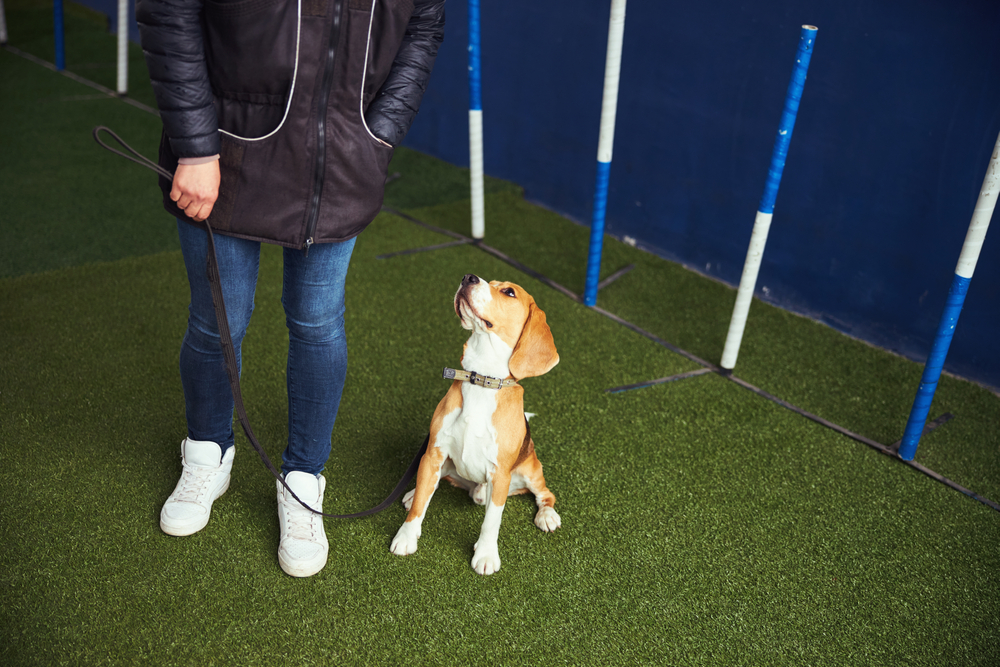
4. Train and Socialize Your Puppy
The puppy blues can sometimes leave us feeling too unmotivated to train and socialize our puppies. However, it’s important to start training and socializing them from a young age so they can learn good habits to become well-mannered adults.
Training helps establish rules and commands that your puppy can follow to make them easier to manage. Exposure to all of life’s experiences before the age of 14 weeks will reduce behavioral issues later in life that take more time to work on. This means you should let your puppy experience new people, dogs, and places in a safe and positive manner.
For example, housebreaking your puppy will help prevent accidents in your home that you may have previously struggled to deal with. You will spend less time cleaning up accidents and worrying about when you are going to find the next one.
Training a puppy isn’t always easy, so you could try enrolling them in puppy classes if you don’t know where to start. This also allows you to socialize with people who might share the same frustrations that come with owning a new puppy, so you do not feel alone in your experience.
5. Hire a Pet Sitter for Much-Needed Breaks
As much as we might enjoy spending time with our new puppy, we all need a break sometimes. You can either hire a trusted pet sitter or have a close family member or friend watch your puppy for a few hours. You can use the break to run important errands or prioritize self-care until you feel ready to tackle the responsibilities again.


What Are Puppy Blues?
Puppy blues, or post-puppy blues, is a term given to the depression-like feelings that can arise after getting a puppy. It is not necessarily the same as clinical depression and isn’t a formal diagnosis for any mental health condition. Not everyone will experience the puppy blues, and some people might have it more severely than others. It’s quite common among new owners, though, as they are not yet familiar with caring for a dog.
Puppy blues are believed to be caused by the overwhelming responsibilities and increased stress levels involved with caring for a puppy. Not everyone is prepared for the major commitment involved with bringing a young animal home.
Puppies need constant supervision and have demanding care requirements that will require you to change your schedule to accommodate them. Plus, all those nights of having to wake up throughout the night so they can go potty are bound to leave you tired and frustrated. Puppies can be destructive and boisterous too, which can take a toll on you if you prefer peace and quiet.
Many new owners may need to make significant changes to their lives when they get a puppy, so it’s completely understandable why you might experience the puppy blues.
Signs You May Have the Puppy Blues
- Feeling anxious over leaving your puppy unsupervised
- Feeling frustrated over your new responsibilities and lifestyle changes
- Daytime tiredness after losing sleep over your puppy’s high energy levels and nightly bathroom habits
- Feeling hopeless about your puppy ever making you feel normal again
- Feeling dismayed that your puppy is adding more stress to your life than you anticipated
- Regretting your decision to get a puppy and then feeling ashamed or guilty
- Feeling angry with your puppy and their behavior

Final Thoughts
Caring for a puppy is a rewarding experience, but it definitely can be challenging at times. If you are experiencing depression-like feelings after getting a puppy, you could have the puppy blues. Puppies are a huge commitment and responsibility, and bringing one home can be life-changing.
It can take a while to adapt to having a dog around, and all the changes could be stressful and overwhelming. Fortunately, the puppy blues don’t last forever and there are several healthy ways to cope with it.
Featured Image Credit: Gladskikh Tatiana, Shutterstock




